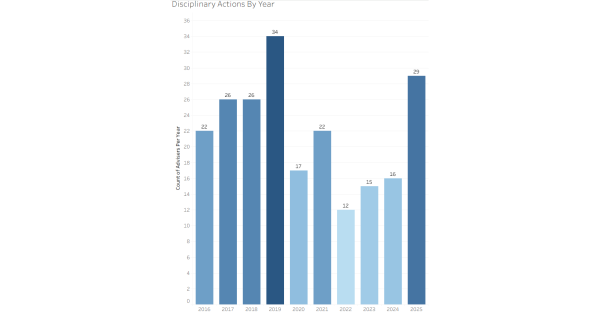Kaplan women in finance scholarships open

Education course provider, Kaplan Professional, has announced applications are open for 12 of its 2023 Women in Finance Scholarships, to cover tuition fees related to its finance and financial planning programs.
The scholarships form part of an ongoing $2.2 million grant the Australian Government awarded the Financial Planning Association of Australia (FPA), from which the FPA allocated $30,000 to fund part of the scholarships and Kaplan funds the difference.
Kaplan said eight scholarships will cover the tuition fees of any two subjects in its Master of Financial Planning or Master of Applied Finance, and four scholarships will cover the full tuition fees for its Advanced Diploma of Paraplanning.
This comes after the educational institution also offered 12 Women in Finance scholarships in 2022, two more than initially intended, with recipients from around the country in both metropolitan and regional areas.
“Kaplan Professional is committed to doing what we can to promote inclusion and diversity throughout the finance and financial services sector,” Brian Knight, Kaplan chief executive, said.
“We hope these scholarships will go some way towards reducing any barriers or financial burden that women of any background may face in entering the sector or achieving leadership positions.
“We are pleased to include the Advanced Diploma of Paraplanning into the scholarship scheme this year to widen the scope of our offering and provide more women with the opportunity to apply, especially those who may want an entry-level pathway into financial advice or to progress their career.”
Eligibility criteria for this year’s admissions include both women who may not have previously studied with Kaplan Professional and women who have previously completed, or are currently completing, other Kaplan Professional vocational or higher education courses.
Kaplan also said they will assess each applicant’s status across a range of criteria, including:
- Financial need
- Re-entering the workforce
- Low socio-economic status
- Mature or young age
- Residing in a rural or remote area
- Aboriginal or Torres Strait Islander
- New migrant











One must ask if the revelations of the union graft in the Victorian Big Build are true, then what is…
As the ACTU put together this statement whilst on the food and piss in the ISF members paid for MCG…
Does this mean APRA and ASIC staff are no longer welcome at the union fund super boxes at the NRL…
Couldn't care what the ACTU think. Just another diversion. They should be quiet. Ask yourself, if we started super again…
Based on this principle, advisers or super call centres recommending portfolio switches into Balanced Industry super options should be caught…